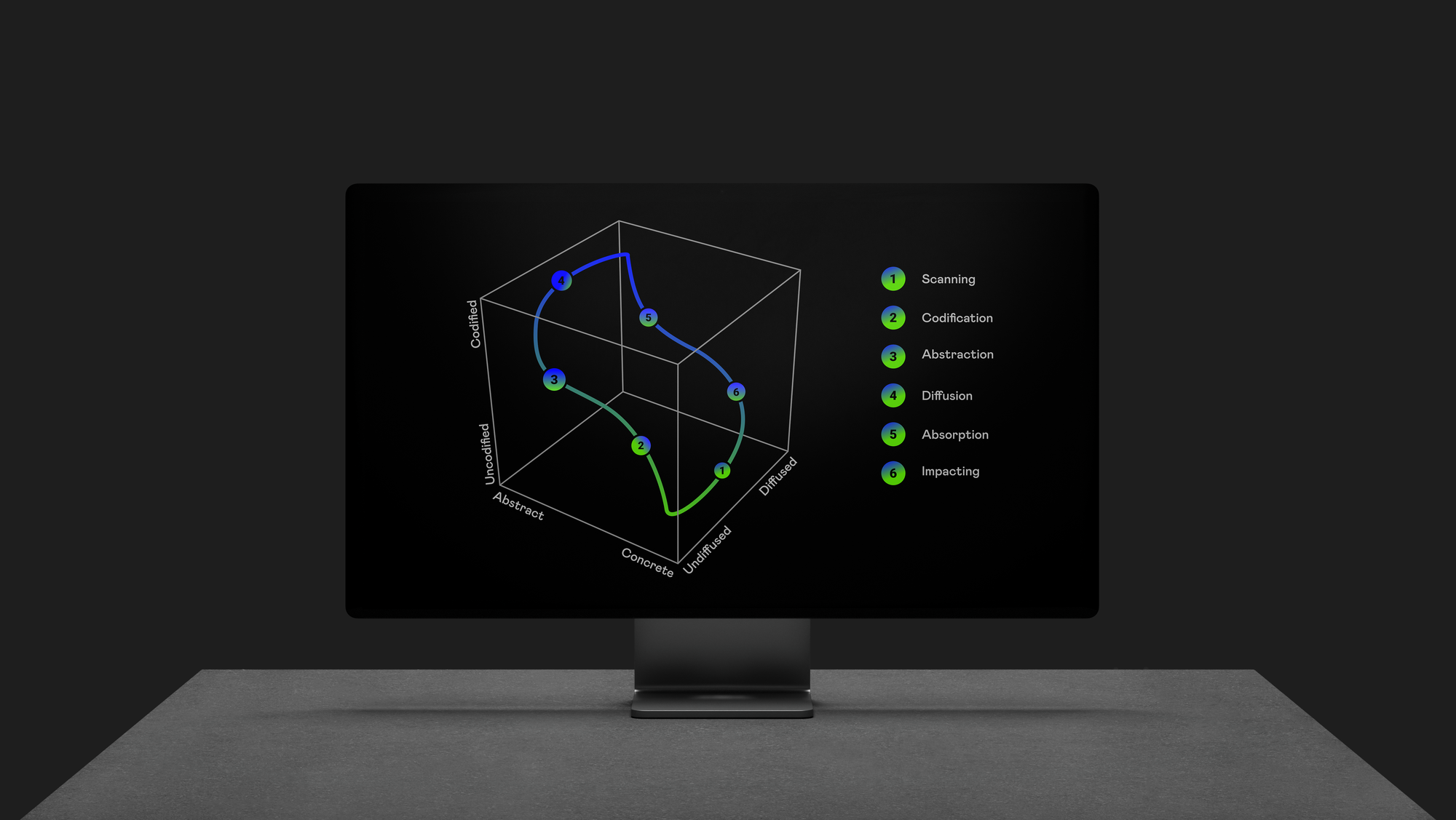
Frameworks
A toolkit for optimizing [P]KM, sensemaking, and expertise devlopment.
Intro
This carefully curated collection of frameworks focuses on [Personal] Knowledge Management, integrating insights from multiple fields/domains:
- Information architecture
- Ontologies and taxonomies
- Sensemaking
- Cognitive science
- System design
Let's start with fundamentals!
Knowledge Lifecycle
These 2 frameworks provide a structured way to think about how knowledge is created, processed, and utilized.
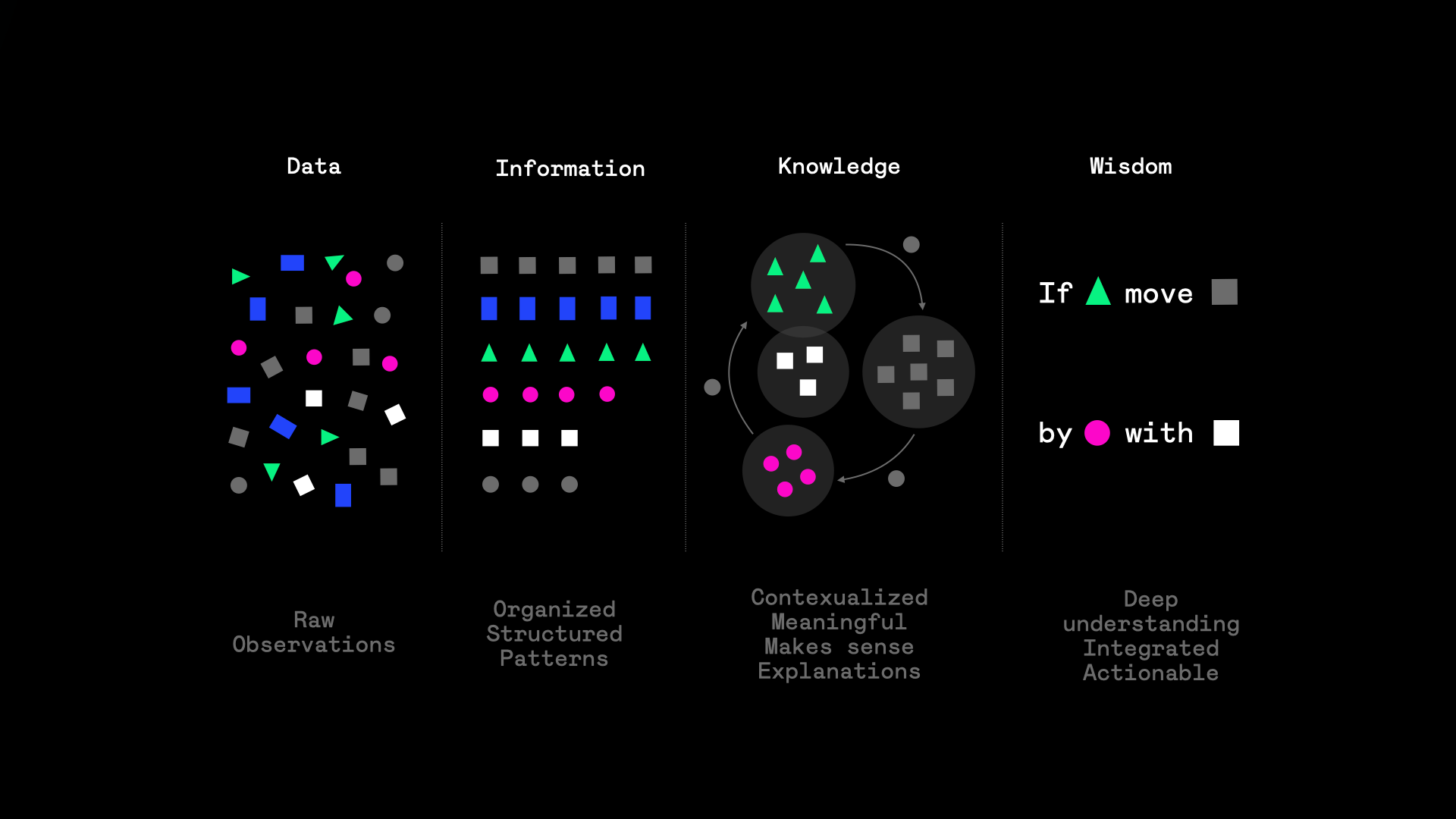
DIKW
Understand the journey from collecting data to applying knowledge effectively in your life and work
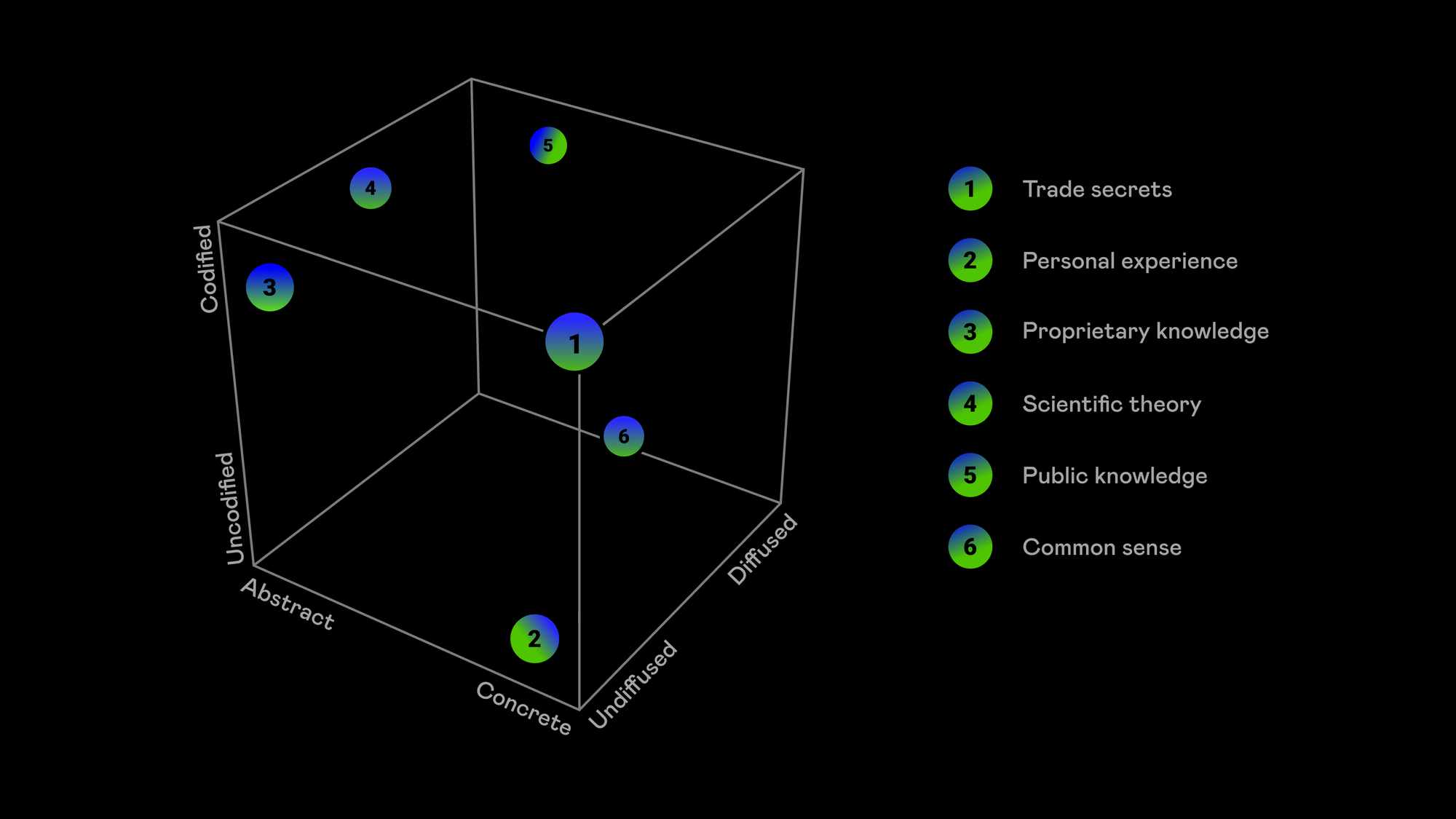
I-Space
A practical framework to map key intellectual assets, helping you to build a consistent PKM system
Next we go into knowledge itself.
What is knowledge?
Types of knowledge
Knowledge is a quite complex concept. There are multiple ways to identify & categorize knowledge.
These frameworks can help you to understand different forms and modalities in which knowledge exists.

Tacit/Explicit Knowledge
Framework helps us understand the types of knowledge and their interplay in different contexts.
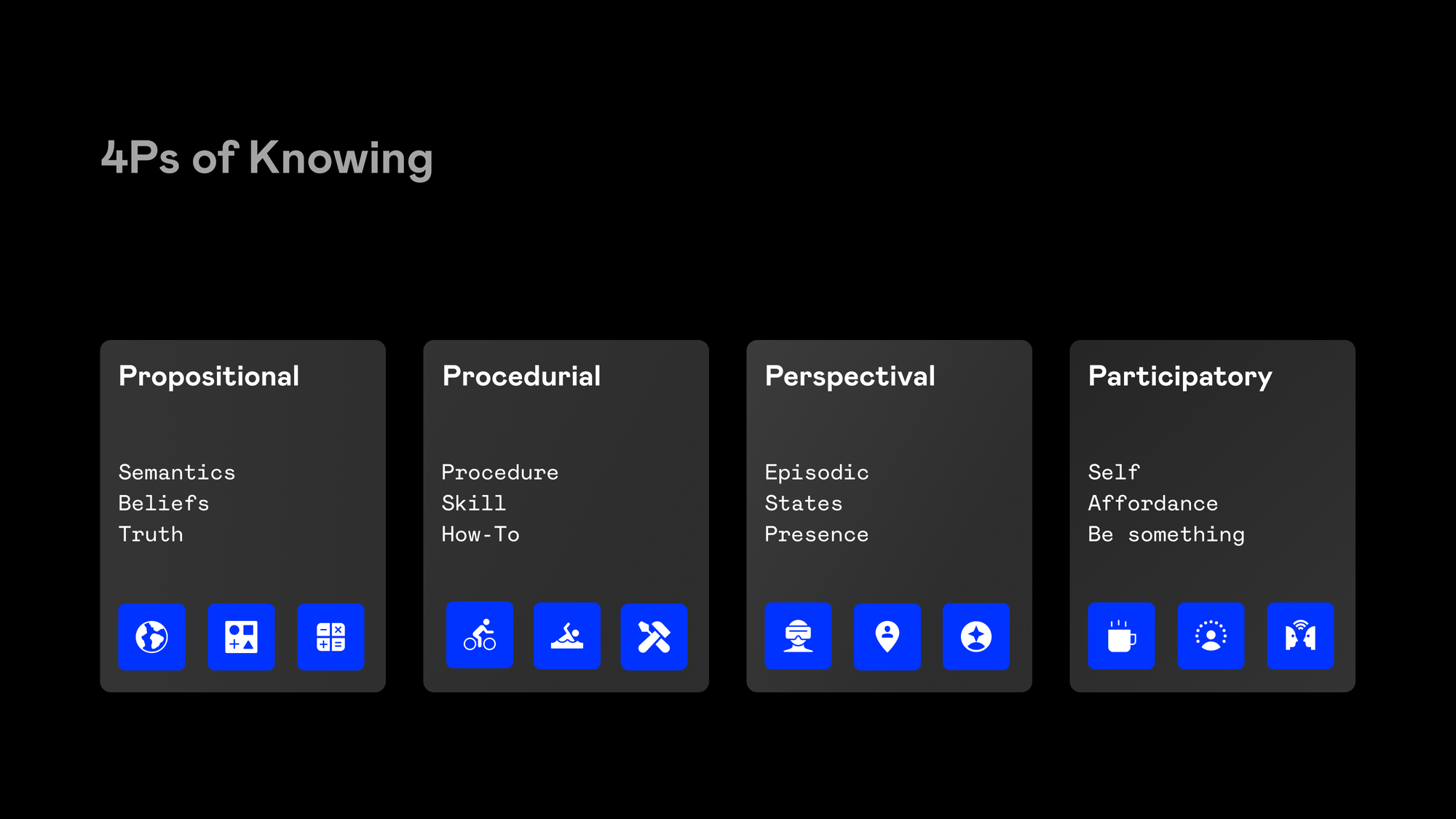
4P of Knowing
Use it to integrate facts, skills, perspectives, and experiences to develop personalized & context-rich knowledge.
Knowledge vs. Ignorance
Ignorance is an everlasting counterpart to knowledge. Recognizing knowledge gaps, blindspots, and biases is crucial if you want to gain real expertise in something.
These frameworks will help you with that:

Dunning-Kruger effect
Allows you to observe & explore the mismatch between perceived and actual knowledge & skill levels
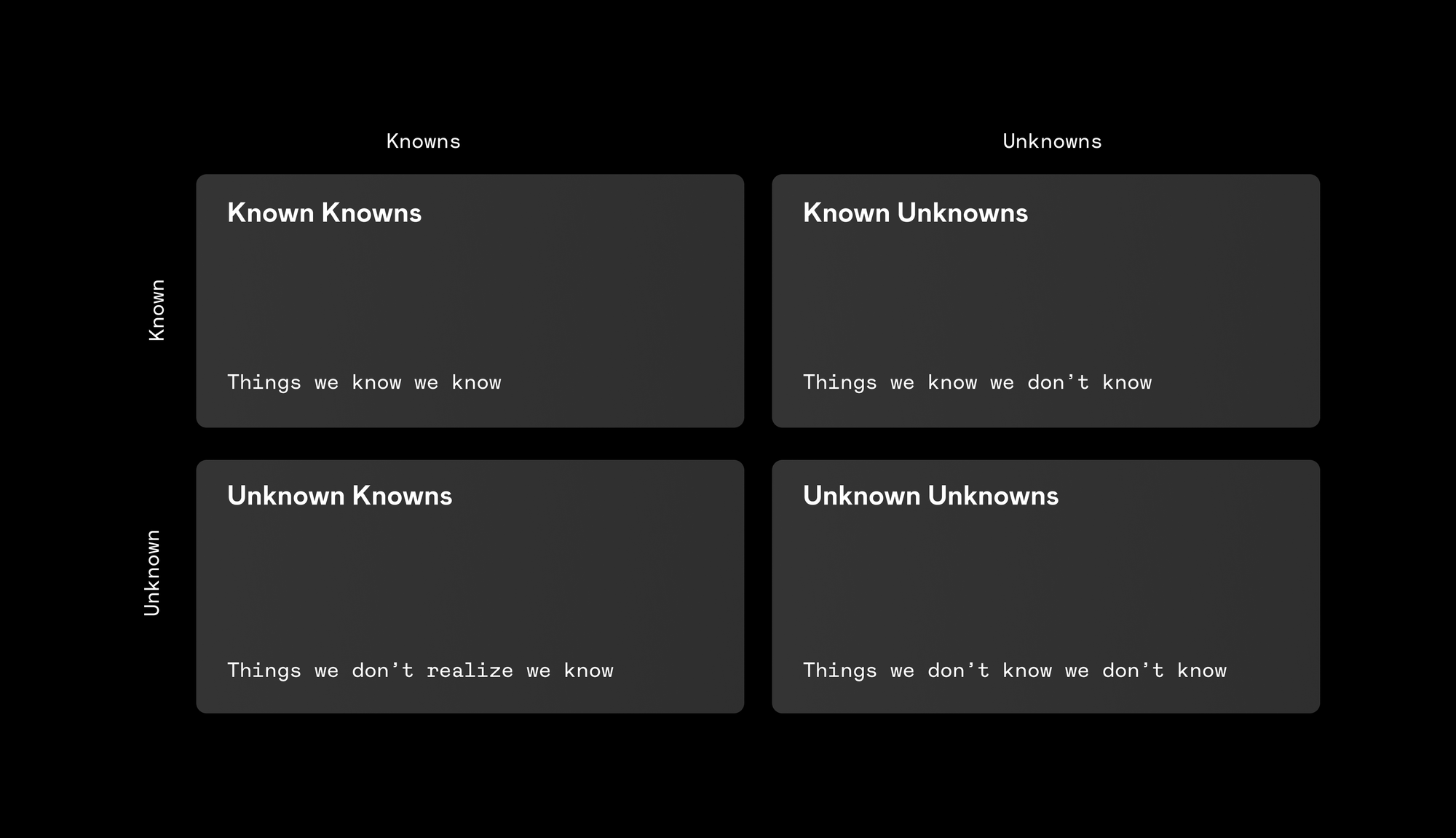
Unknown Unknowns
Categorizes knowledge into four quadrants to help you to identify gaps in understanding & blindspots
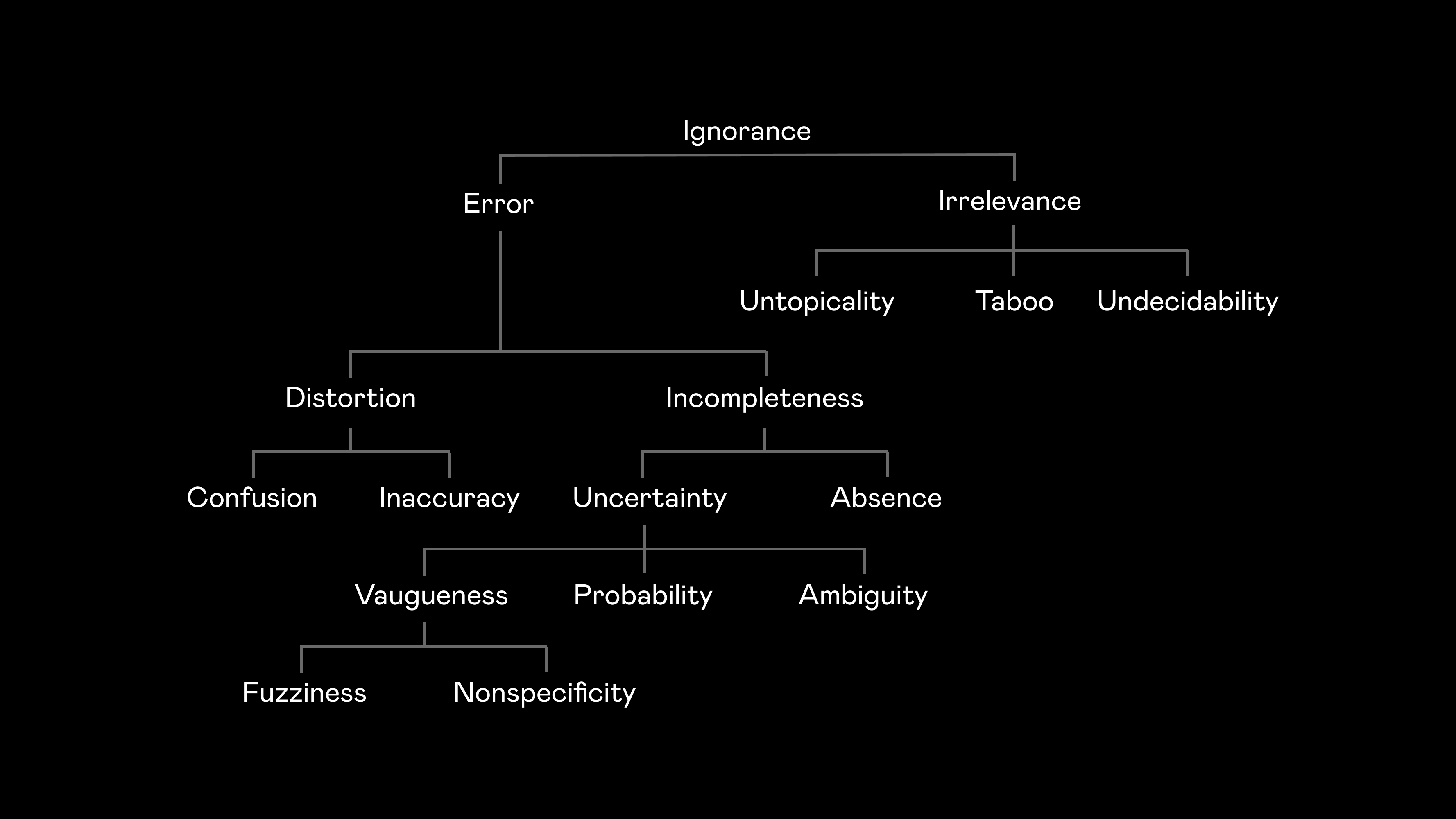
Taxonomy of Ignorance
Ctegorizes different types of ignorance, helping identify and address knowledge gaps in various fields or projects
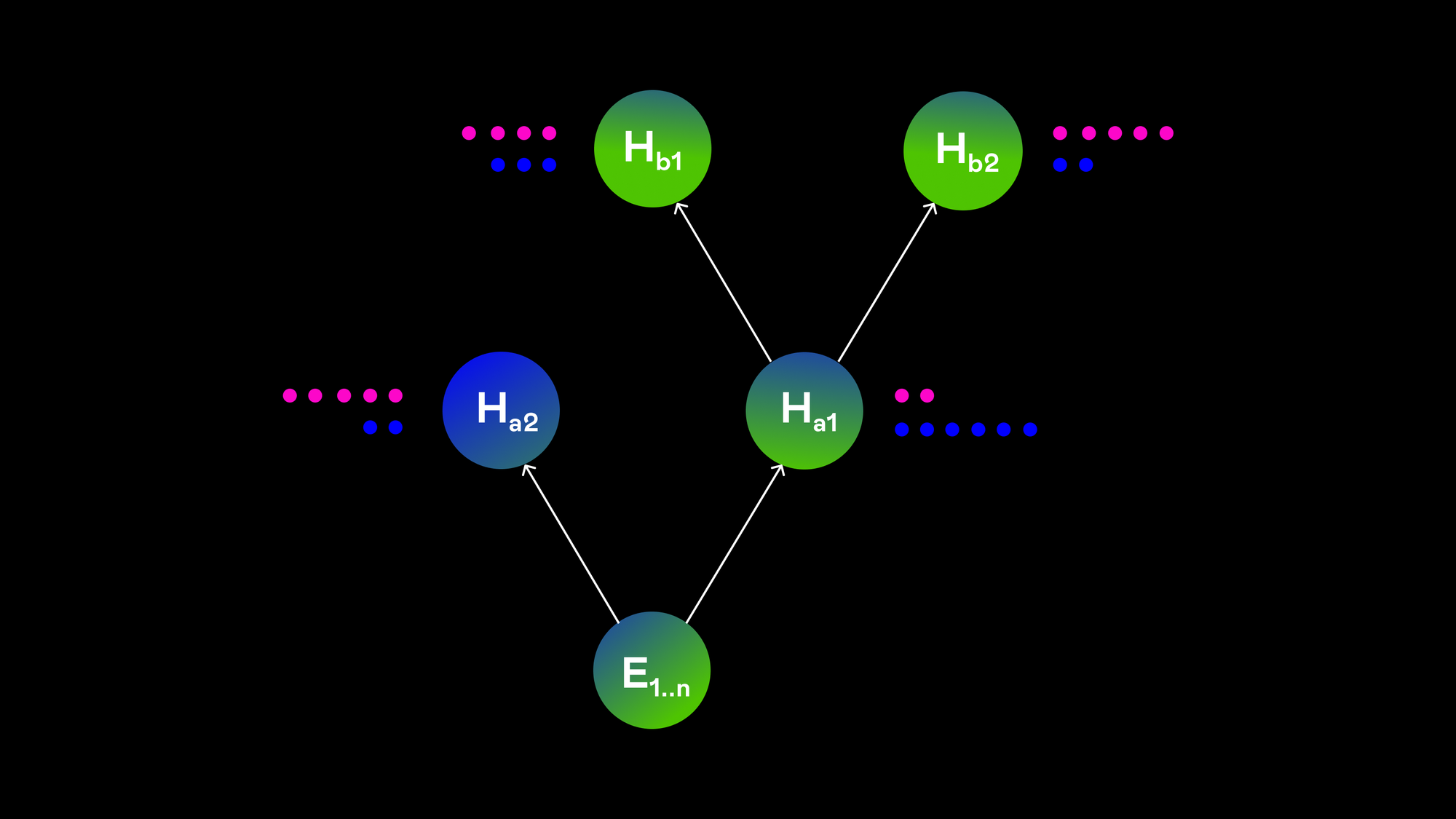
ACH
Framework used to evaluate multiple competing hypotheses for a given situation or problem
Sensemaking
Going FROM scattered data, fragmented information & raw experience
TO: mental models, coherent stories & shared understanding.
This transformation is the core function of Personal Knowledge Management.
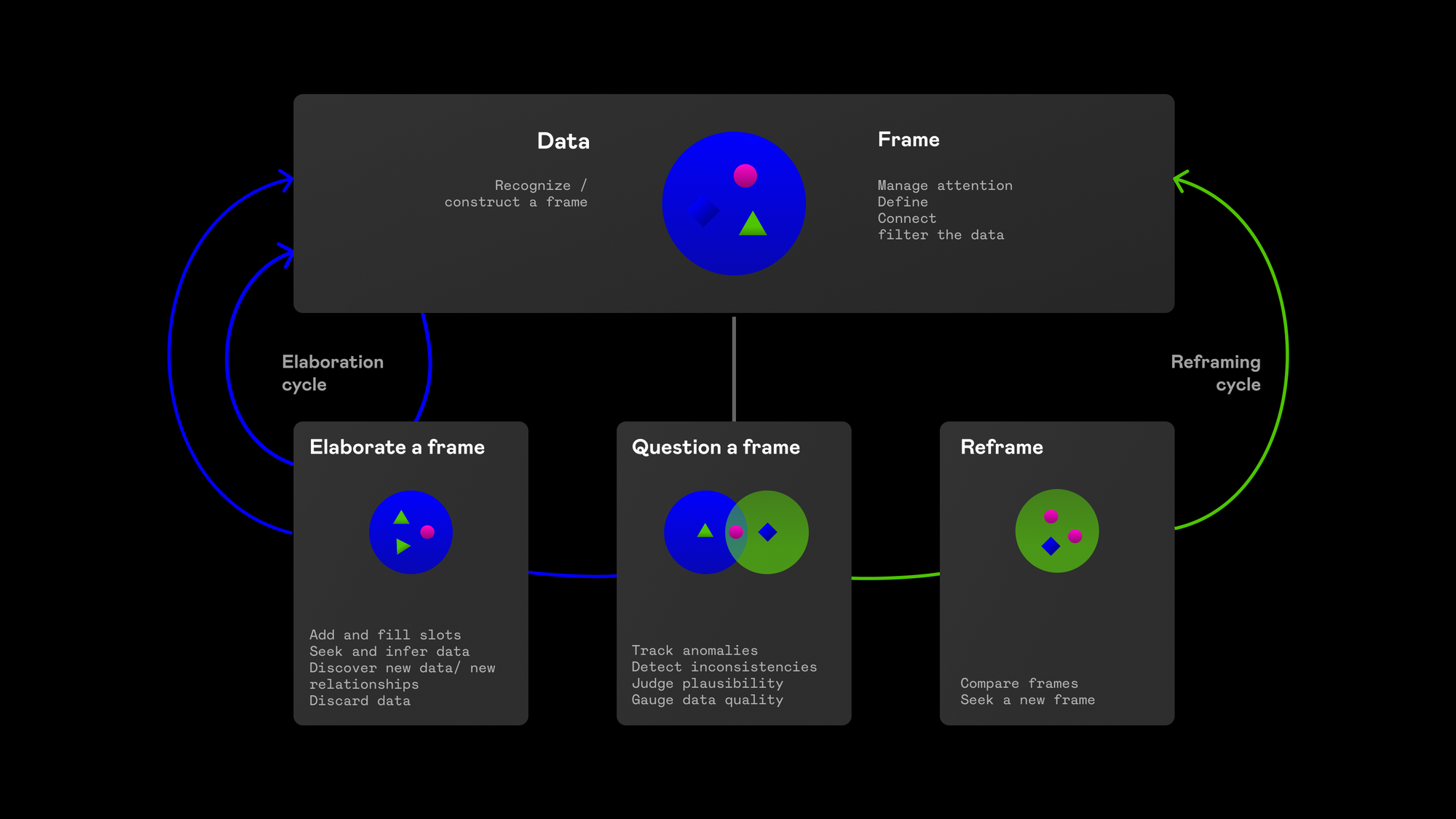
Data/Frame
Making sense of complex situations by using mental frames to interpret data and adjusting those frames as needed.
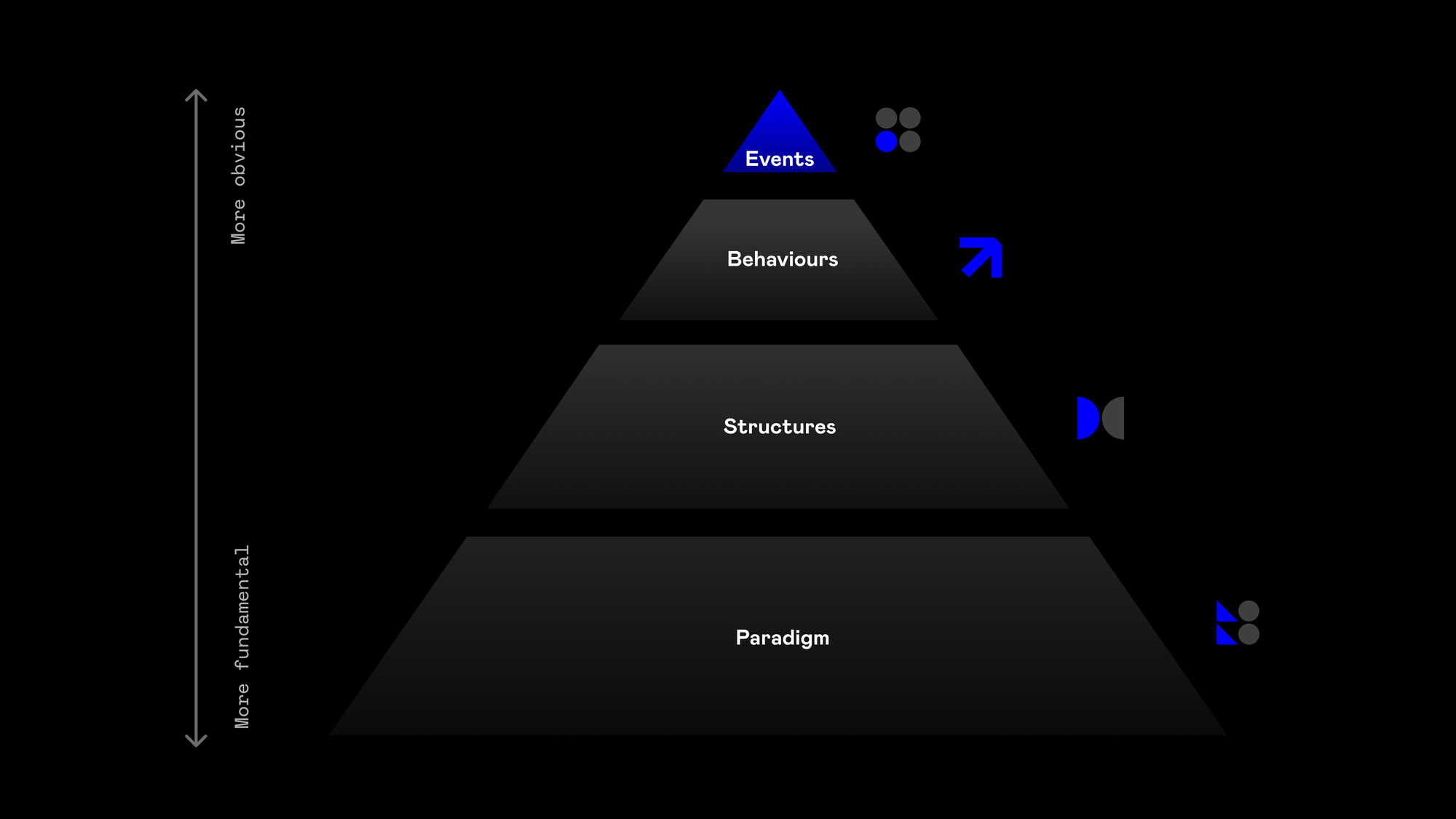
Levels of understanding
Encouraging analysis at progressively deeper levels, from observable events to underlying structures and paradigms
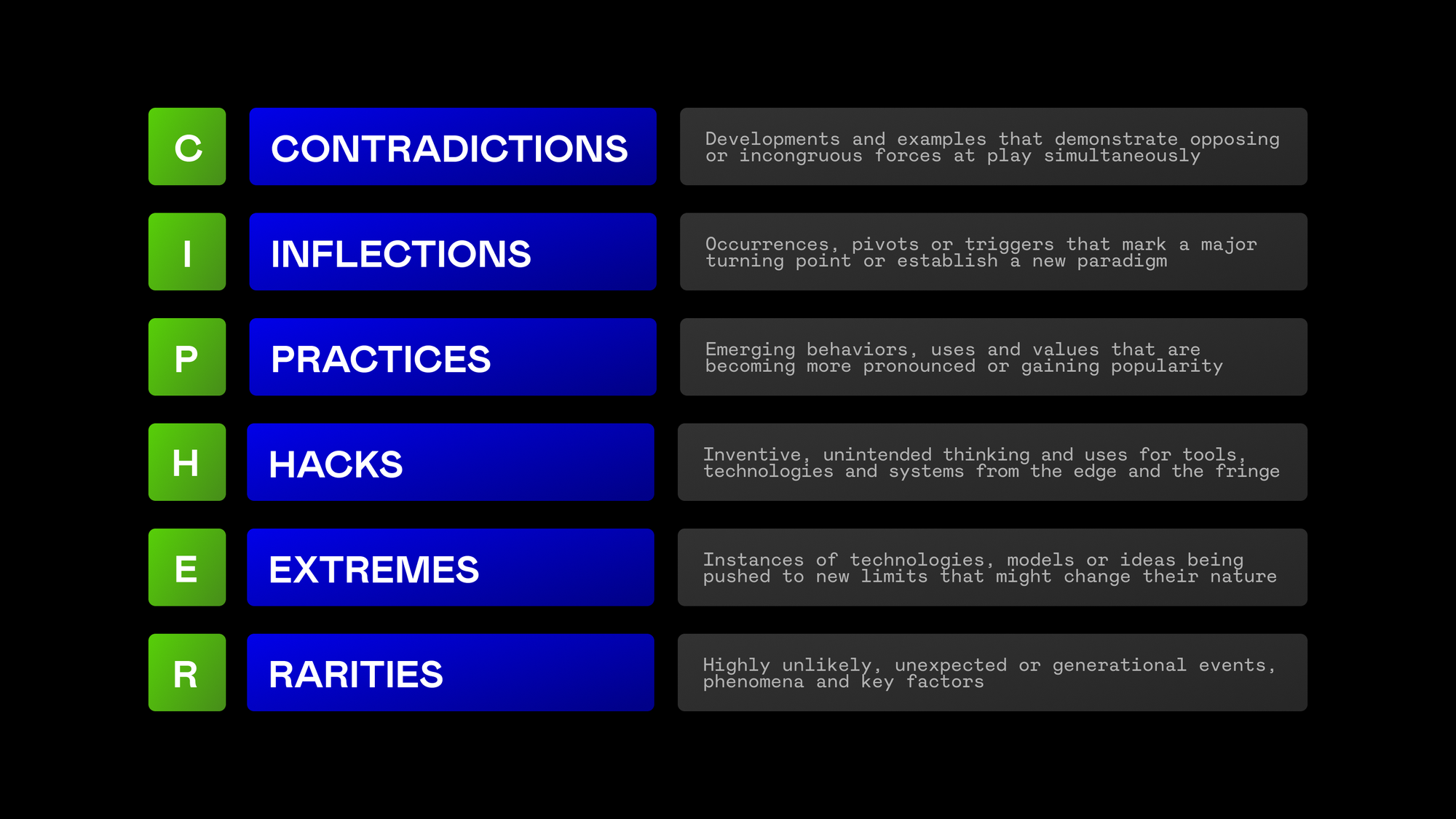
CIPHER
Organize and improve how you gather, understand & use information by viewing it through the lens of six key categories
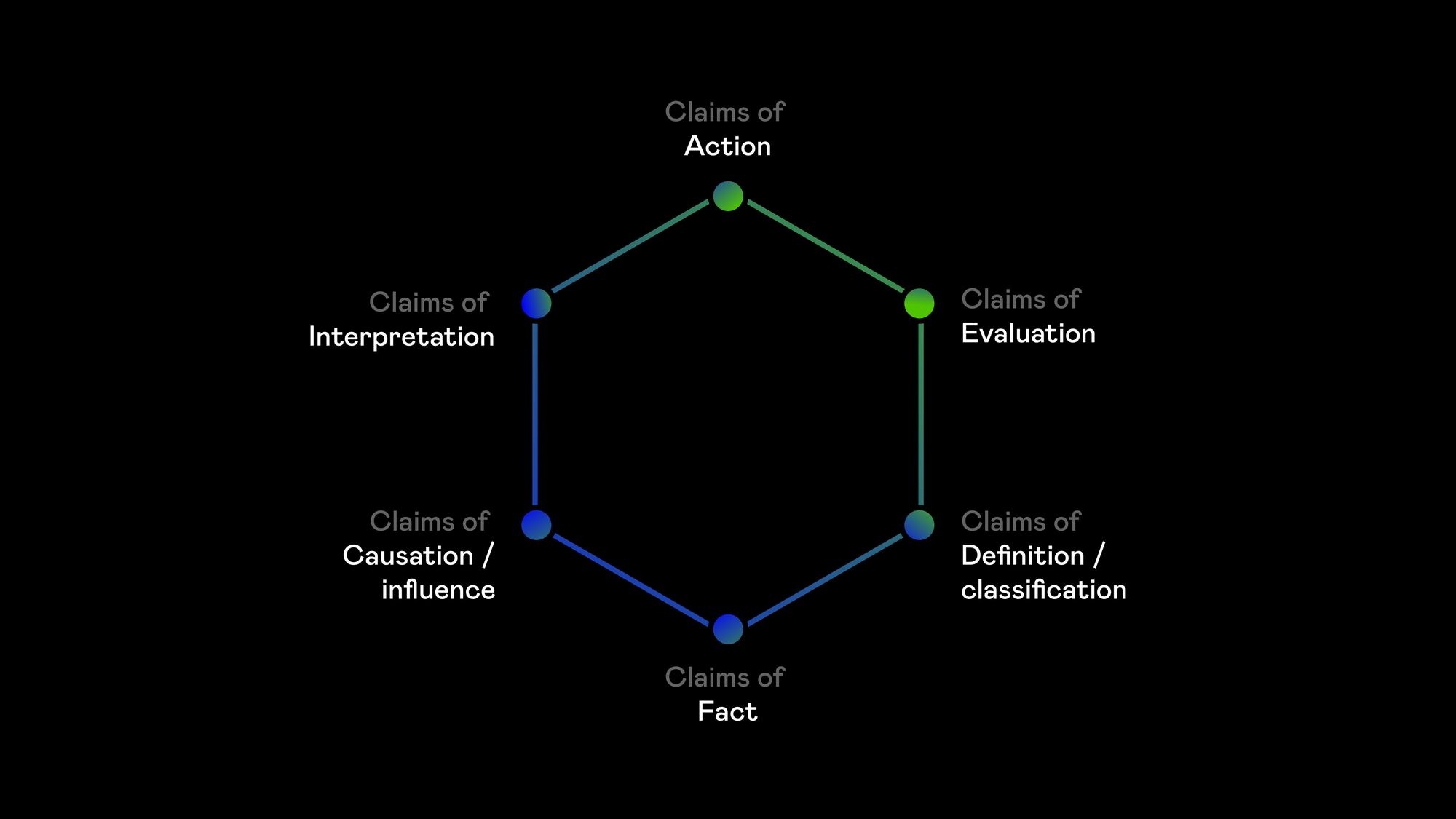
Argument Claim model
Framework is designed to help people better understand, analyze, and develop complex arguments
Structures & organisation
Structures and information architecture form the backbone of your knowledge ecosystem.
These frameworks will help you to design and maintain it:
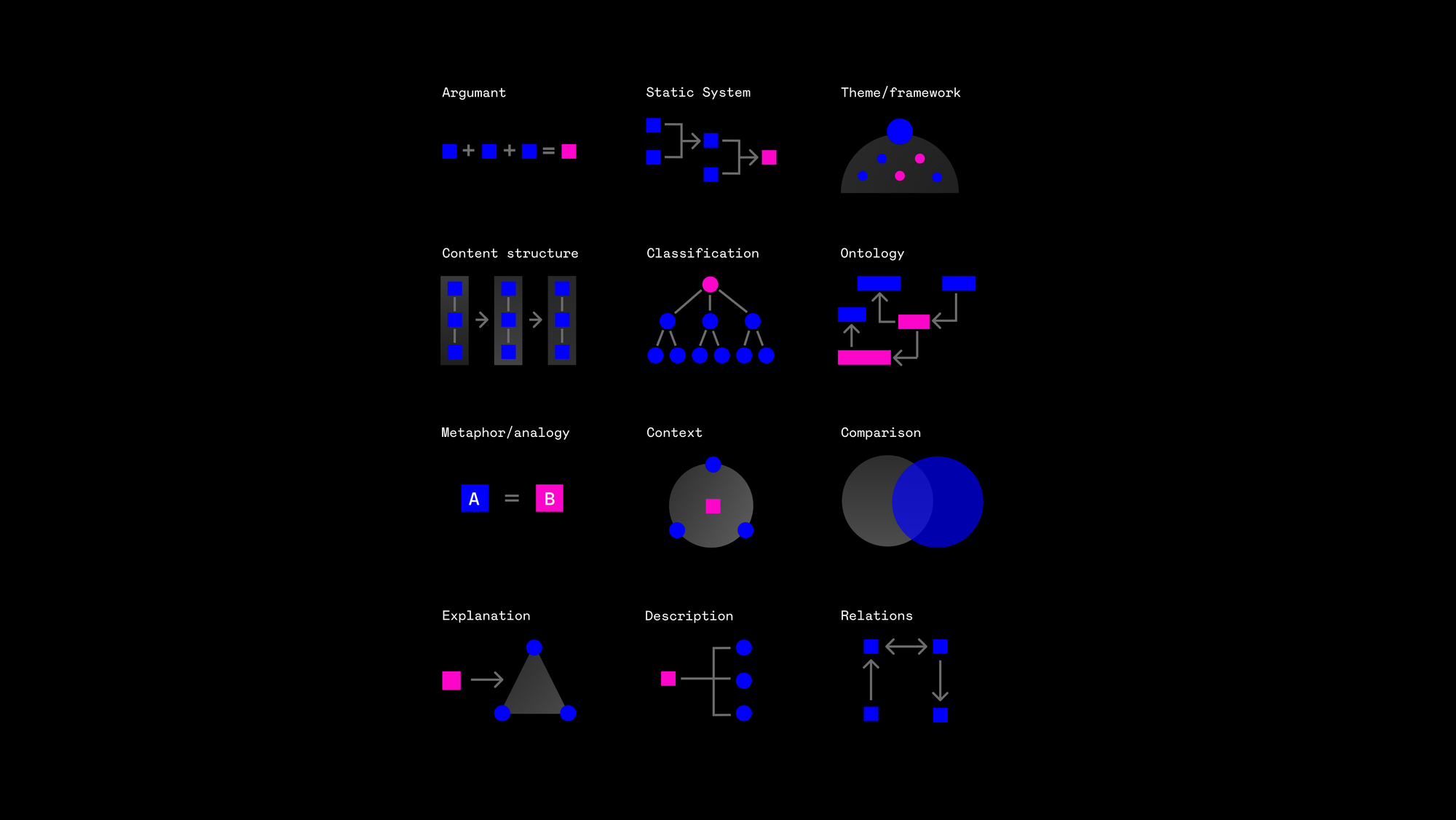
Knowledge Structures
Patterns of information organization allow you to understand and manage complex domain more effectively
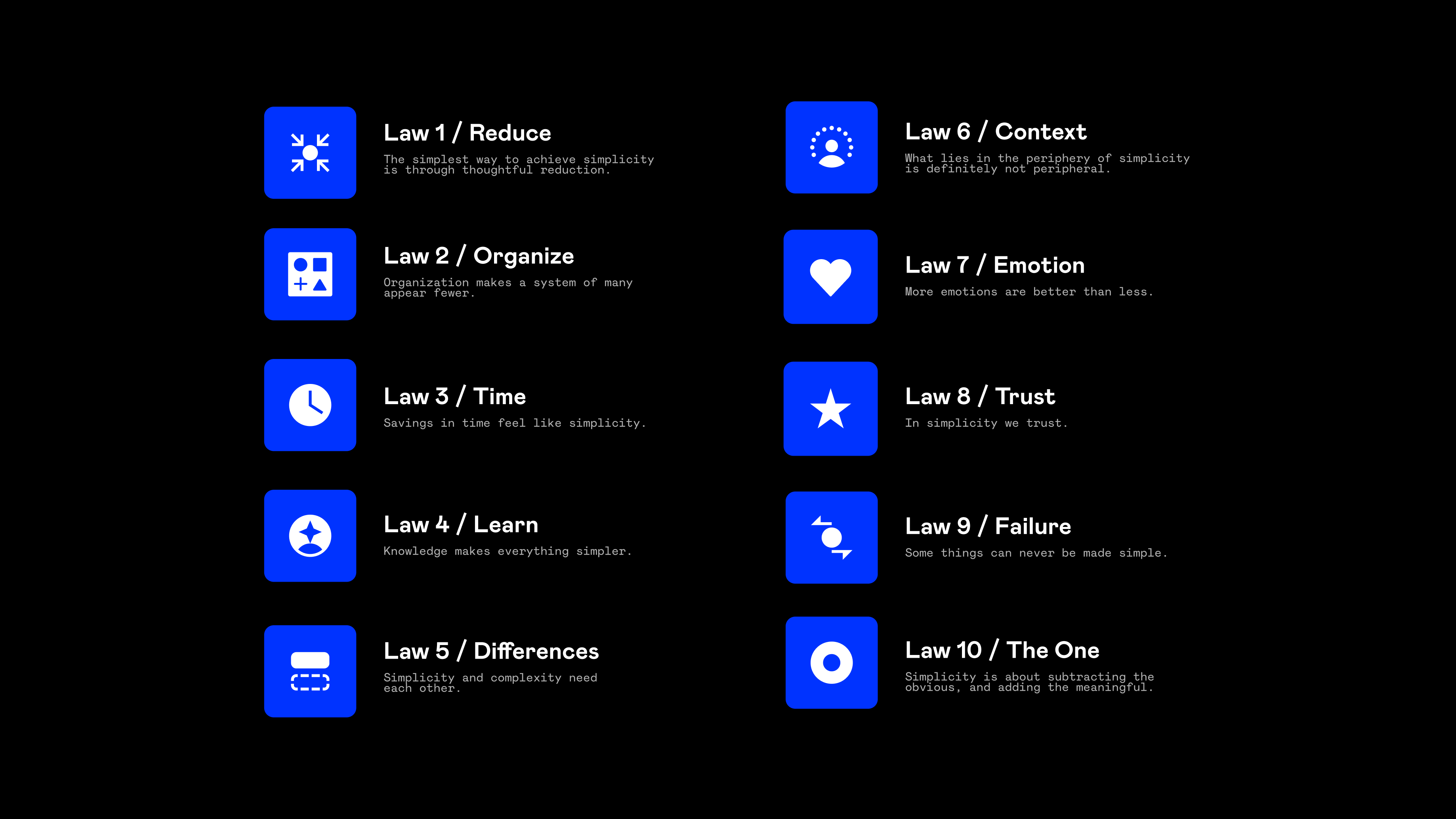
Laws of Simplicity
Put knowledge into four quadrants to identify gaps in understanding & to guide exploration of unfamiliar areas
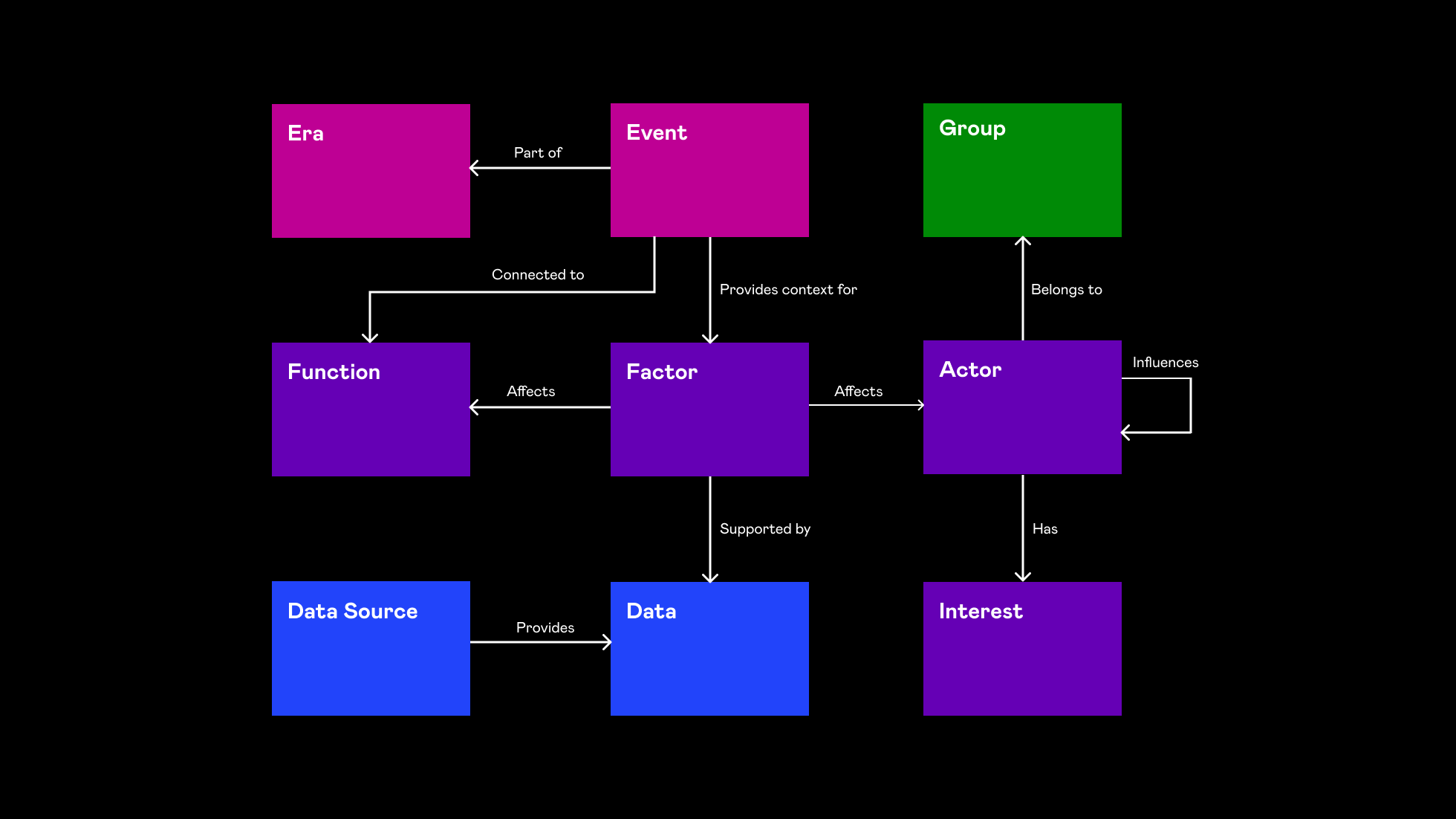
Object-Oriented Ontologies
Model knowledge/information structures by representing concepts as interconnected objects
PKM systems
These systems help you create a comprehensive, integrated approach to managing & utilizing your intellectual resources.
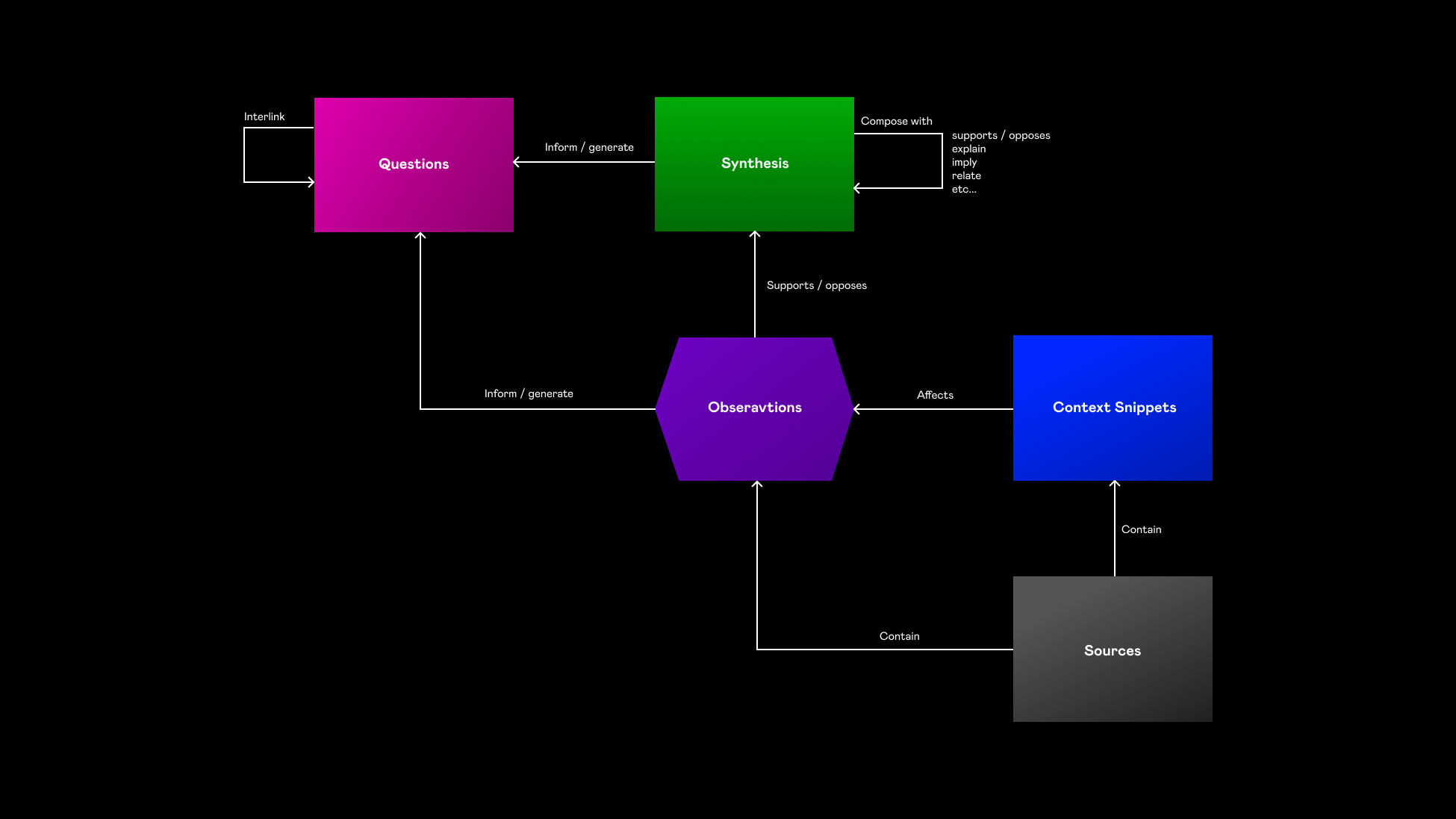
Knowledge Synthesis
Conceptual model and practical approach for knowledge synthesis with a focus on researchers
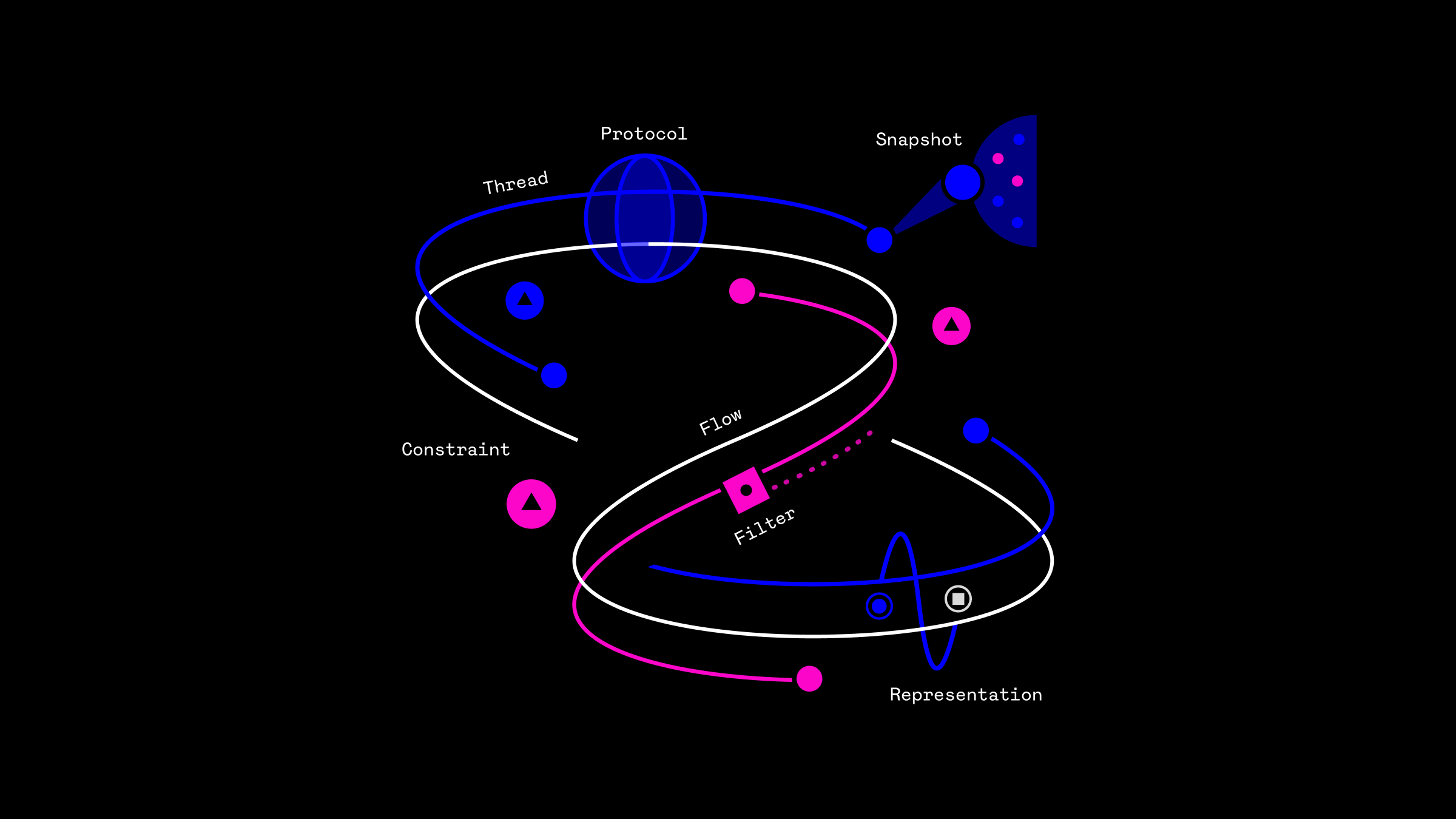
Knowledge DEV
PKM methodology based on a computational paradigm, designed form the first principles